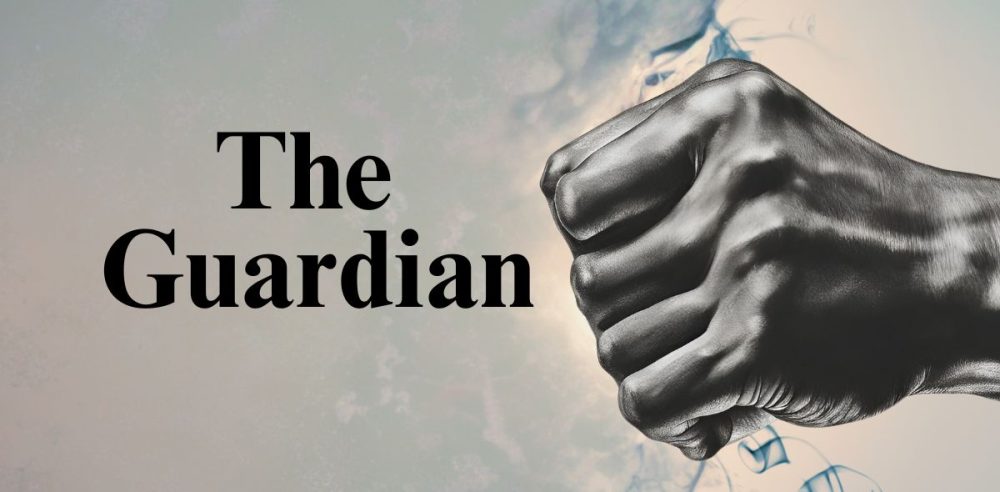One of Britain’s most prestigious legacy newspapers, The Guardian, is floating a misleading poll about the upcoming U.S. presidential election.
“Harris maintains lead over Trump among Black swing state voters – poll,” the newspaper wrote in a headline, along with an image of a smiling Vice President Kamala Harris.
The poll in question, Battleground African American Survey, was from Howard University’s Initiative on Public Opinion, Harris’s alma mater. It purports that “84% of Black likely voters in seven swing states say they plan to vote for Harris.”
While the poll certainly shows this figure, there are reasons for doubt that the paper never explains.
The biggest issue is that there is not a proper sample size for any population.
Traditional wisdom in political polling indicates that at least 600 respondents are needed to produce a representative result, meaning that the poll’s outcome accurately represents the views of the greater identified population.
However, the poll did not get 600 respondents in any of the seven states it examined, which included Arizona, Georgia, Wisconsin, Michigan, Nevada, North Carolina, and Pennsylvania.
The poll was conducted in two waves, both with around 1,000 respondents. Wave 1 was over a month ago, and Wave 2 was almost two weeks ago, a lifetime in the tight weeks before a presidential election.
It is unclear why the paper would use its breaking news reporter to run this story now.
Within the sample population, groups typically thought to be leftwing were overrepresented.
The poll also skews heavily toward college-educated blacks. More than half of the respondents had a college or master’s degree. This is more than twice the national average for black Americans.
Around 60% of the respondents are women, despite the fact that the sexes are about the same in the United States. Over half of the respondents were above the age of 50.
This comes as Harris has struggled to garner the support of almost every race, especially Black men under 50, and efforts to triage her deficits have backfired, The Dallas Express reported.
The pollsters also did not appear to attempt to determine whether the respondents were urban or rural, another important distinction that can affect a poll’s results.
Moreover, the final result of 84% has little electoral value. Averaging the views of a particular cohort of voters in a select number of states is unlikely to produce a figure with real electoral value because a national popular vote does not decide American presidential elections.
Instead, the constitution specifies that presidential elections are state by state through the Electoral College.
The Guardian’s failure to include this context is similar to other reporting by the American outlet The Hill. The news source gave the impression that an NAACP poll indicated Harris would win in a landslide with Black voters, when in reality, the poll results were much different, as reported by DX.
Although The Guardian is British, it reportedly saw record U.S. readership revenue last year and has grown its American presence substantially.
Not surprisingly, with data continuing to be manipulated to forward an agenda, trust in the mass media in America has reached an all-time low.


